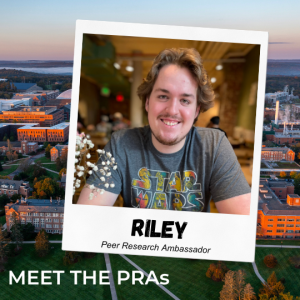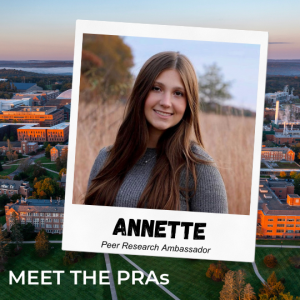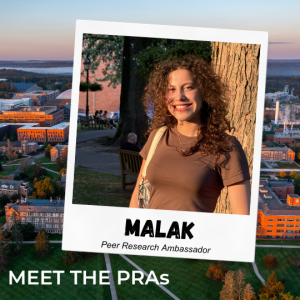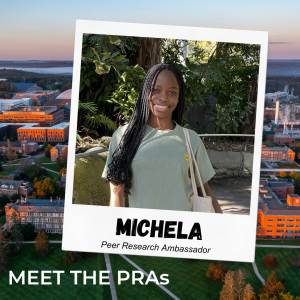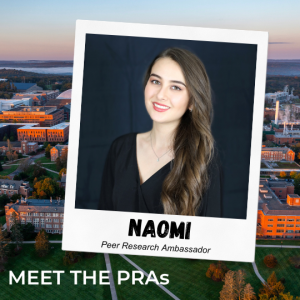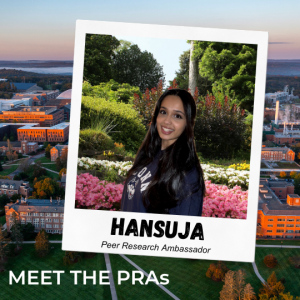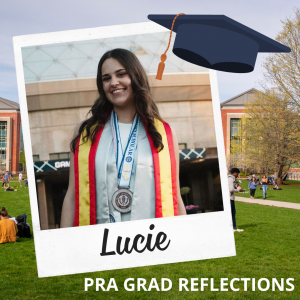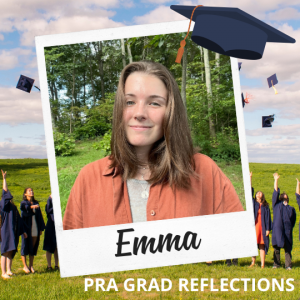Meet Andrei Abarientos ’26 an OUR Peer Research Ambassador majoring in Pathobiology.
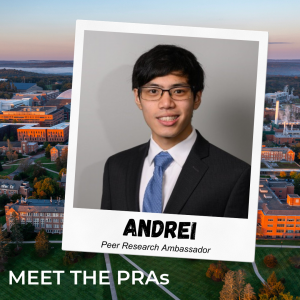 What is the focus of your research?
What is the focus of your research?
Here at UConn, I work on vaccine design for emerging tick-borne viruses. These include Powassan virus (which is a burden here in New England), Heartland virus, and SFTSV (a virus found predominantly in East Asia). I also did an internship with the National Institutes of Health studying tick biology: namely, how mammalian skin proteins can be inhibited by tick saliva, preventing wound closure and allowing ticks to feed effectively. My scientific interests broadly are focused on vector-borne diseases, infectious agents that can be spread by insects like ticks, mosquitoes, or fleas.
Why did you get involved in research?
I got involved in research because the act of discovery is intrinsically exciting and dynamic. It’s cool knowing that the work you’re doing is something that hasn’t been done before, and even negative results can push a project forward. It’s even more exciting knowing that work might lead to more positive outcomes in controlling infectious diseases. Continue reading
